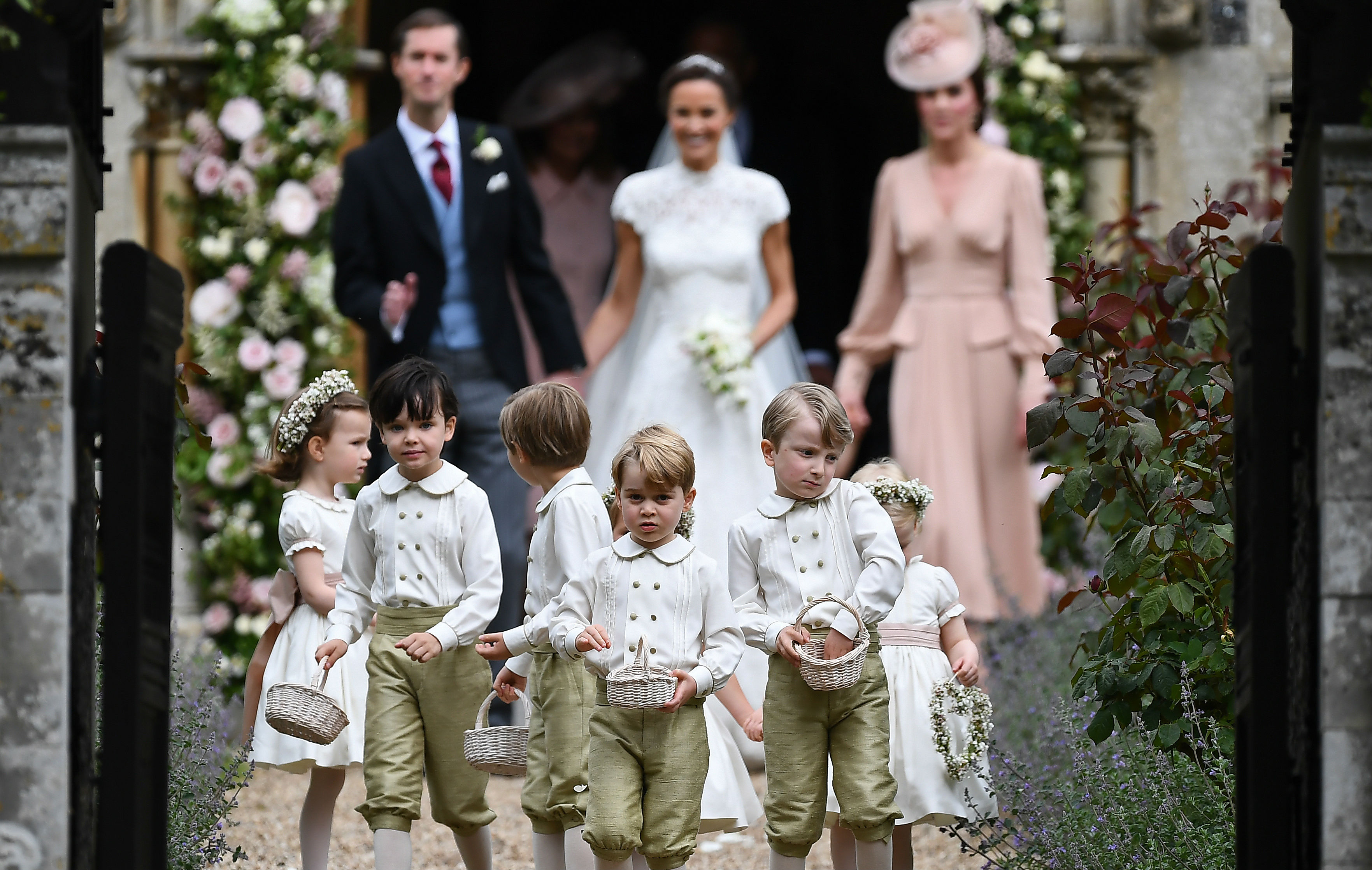How to get the best value on your wedding finance
More and more people are seeking a loan to fund their big day

A free daily email with the biggest news stories of the day – and the best features from TheWeek.com
You are now subscribed
Your newsletter sign-up was successful
Last weekend’s wedding of the year saw Pippa Middleton marry James Matthews in a celebration that is estimated to have cost anywhere between £250,000 and £700,000, depending on which newspaper you read.
Even a relatively low-key wedding is far from cheap these days. The average cost of a wedding is £27,000, according to Bridebook, rising to £38,000 in London - and 4 per cent of weddings cost more than £100,000.
How are people funding these extravagant celebrations?
The Week
Escape your echo chamber. Get the facts behind the news, plus analysis from multiple perspectives.

Sign up for The Week's Free Newsletters
From our morning news briefing to a weekly Good News Newsletter, get the best of The Week delivered directly to your inbox.
From our morning news briefing to a weekly Good News Newsletter, get the best of The Week delivered directly to your inbox.
According to Moneysupermarket it is increasingly with a loan. The comparison website has recorded a 53 per cent increase in customers applying for wedding loans of more than £30,000 this year.
Over 50,000 people have applied for a wedding loan since January, reports The Times, with 10 per cent requesting more than £20,000. That seems like madness when you consider that 247,372 weddings took place in 2014 and there were 111,169 divorces.
It means there is a reasonable chance you would still be paying for your wedding after you had divorced.
Thankfully, it seems most engaged couples are more sensible. The average wedding loan people apply for is £8,497 and some wedding costs are falling.
A free daily email with the biggest news stories of the day – and the best features from TheWeek.com
The average amount spent on a wedding dress has falling from £1,329 to £832, according to online fashion retailer Lyst. While an engagement ring is typically worth 19% less now than 10 years ago with an average value of £1,080, reports the BBC.
If you do need to borrow money for your wedding then make sure you shop around for the best deal.
M&S Bank offers the lowest-rate personal loan of 2.8 per cent for £10,000 over five years. But, think hard about whether you want to still be paying for your big day in five years time when you may have other demands on your income such as a mortgage or children.
If you don’t need to borrow that much then see if you can put elements of your wedding on a zero per cent credit card. That way you can spread the cost of your wedding for free. Sainsbury’s Bank has the longest zero per cent deal for new purchases, giving you 31 months to clear the debt.
Finally, if you are planning to spend a large sum on your wedding day make sure you are insured. Wedding insurance has become big business in recent years and it is certainly worthwhile if you are spending thousands of pounds.
“Venue cancellation and supplier failure are the main things to consider when buying wedding insurance,” says Ben Wilson of Go Compare, in The Times.
“This ensures that you’re protected should the venue cancel your wedding, or if one of your pre-booked suppliers, a caterer for example, is unable to fulfil your order. To make a claim, you’ll need to have a written agreement or contract with the supplier.”
Just be aware that wedding insurance won’t pay out if your wedding doesn’t go ahead because one of you gets cold feet.
-
 The Olympic timekeepers keeping the Games on track
The Olympic timekeepers keeping the Games on trackUnder the Radar Swiss watchmaking giant Omega has been at the finish line of every Olympic Games for nearly 100 years
-
 Will increasing tensions with Iran boil over into war?
Will increasing tensions with Iran boil over into war?Today’s Big Question President Donald Trump has recently been threatening the country
-
 Corruption: The spy sheikh and the president
Corruption: The spy sheikh and the presidentFeature Trump is at the center of another scandal